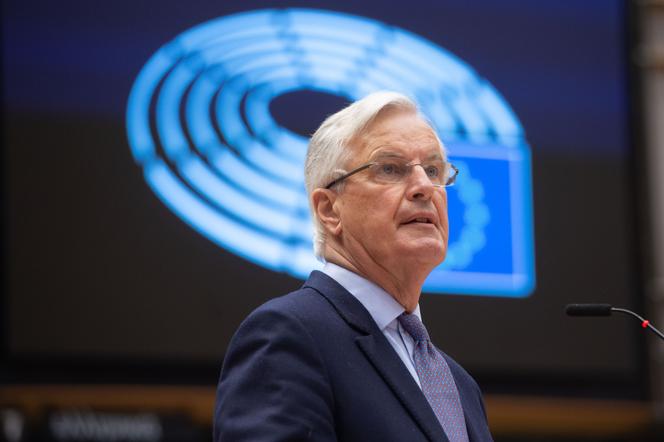


Within the European institutions, Michel Barnier's appointment as France's prime minister on Thursday, September 5, was greeted first and foremost with relief. The Frenchman, who twice served as a European commissioner (for regional policy, from 1999 to 2004; and then for the internal market and financial services, from 2010 to 2014) and was the architect of the December 2020 agreement that has since governed post-Brexit relations between the European Union and the United Kingdom, knows the mechanisms of the EU like no one else, and has built up an unrivaled network there.
Long underappreciated his French political friends, Barnier has always been able to reassure himself in Brussels, where his highly European qualities are respected and seen as being far removed from French arrogance. During the low points of his career, he was always able to count on Europe to help him. In February 2015, for example, when, after having lost the race to head the Commission to Luxembourg's Jean-Claude Juncker at the end of 2014, and then was refused a nomination for the French regional elections by the right-wing UMP party, he was appointed as a defense adviser to the president of the EU's executive branch.
Not particularly charismatic, not very technically inclined, the "mountain man," as he likes to describe himself, has a sense of compromise. While not much appreciated in the French Fifth Republic, this quality is very important when it comes to reaching agreements between the 27 member states, and then with the European Parliament. When he negotiates, he leaves no one out. Over the four years of post-Brexit discussions between Brussels and London, he always treated both small and large countries on an equal footing, tirelessly visiting all of their capitals. He reported on his work's progress to national leaders, MEPs, national elected representatives and even business and union leaders with the regularity of a metronome.
"Barnier is very [big on] parliamentary democracy, from that point of view, he's very Germanic, or Benelux. That's unusual for a Frenchman," explained Belgian Greens MEP Philippe Lamberts, who has since left the European Parliament, speaking to Le Monde. "He understood that, in Europe, you must never crush your negotiating partner, because he could be your ally tomorrow." This approach has not always been admired – indeed, European Commission President Ursula von der Leyen had treated him with great contempt when he was "Mr Brexit" – but it has proven its worth in Europe. "If he does what he did with Brexit with the Assemblée Nationale, he'll succeed," commented a senior European official.
You have 46.67% of this article left to read. The rest is for subscribers only.
